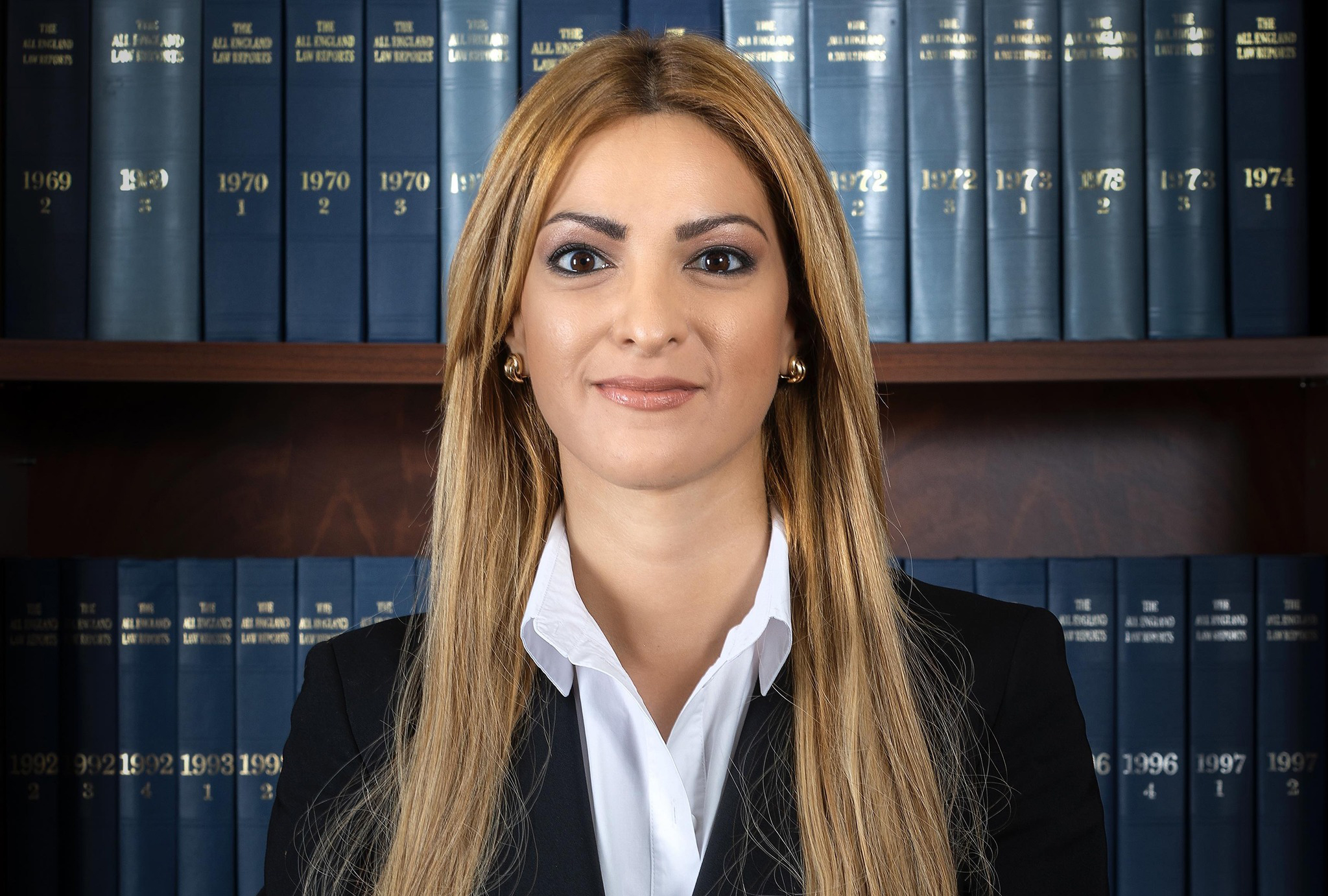Judge Doria Varoshiotou’s dismissal by the supreme judicial council could set a precedent on whether judges are permanently appointed from day one or can be considered “temporary”, a point at the heart of her appeal, according to a legal expert.
The appeal is expected to be filed next week and will be heard by nine judges of the Supreme Constitutional Court. Varoshiotou’s lawyer, Achilleas Demetriades, has already released letters exchanged between Varoshiotou and the supreme judicial council over the last year, highlighting a deep dispute.
The central legal question concerns the use of the term “temporary judge”, applied by the supreme judicial council and the Supreme Court, but denied by Varoshiotou herself. She maintains that neither the constitution nor the law recognises such a status. In her letters, dated June 23, she insists that a judge is permanent from the day of appointment, signing official documents as a district judge, not as a “temporary district judge”, as the courts have labelled her.
Legal expert Christoforos Christofi told Philenews the status of Varoshiotou is crucial. If the Supreme Court accepts that the “temporary judge” title is not lawful and that a judge’s appointment is permanent from day one, this would mean that the procedure to terminate her service was unlawful and invalid.
It also means that once she files an appeal against the supreme judicial council’s decision that decision is suspended by law until the Constitutional Court rules on the matter. This implies she automatically returns to her judicial duties during the appeal process.
The law clearly states that when an appeal is filed, the removal decision is put on hold.
The appeal will also examine how Varoshiotou was treated by the administrative president of the Limassol district court and the Supreme Court. There are questions over her conduct during official duties and a critical meeting on June 28, 2024 at the Limassol court with the Supreme Court president and another judge.
One major issue cited by the supreme judicial council when dismissing Varoshiotou was her initiation of a judicial procedure regarding death investigations. Specifically, she sought to review two death investigation reports at the request of the Limassol district court’s administrative president, a procedure the council claims she “invented” and which is not provided for in law.
The Constitutional Court will closely scrutinise this accusation and consider the defence her lawyer presents.
There is also a potential conflict of interest involving the Supreme Court president and the judge who had contact and exchanged letters with Varoshiotou following their June 2024 meeting. The president’s letter criticised Varoshiotou for publicly questioning the Supreme Court’s handling of her case, describing it as an “unprecedented distortion of facts”. This letter could be viewed as the president taking a stance on a matter pending before the Constitutional Court.
The case is expected to clarify fundamental points about judicial appointments, internal court procedures and judges’ rights.
Varoshiotou had presided over the highly publicised Thanasis Nicolaou case – the third inquiry into the circumstances of his death – by ruling in May 2024 that the young man’s death had been caused by strangulation “due to criminal activity”. In doing so, she overturned the verdict of ‘suicide’ that had stood for 19 years.
In late June this year, the judicial council – which reviews the performance of judges – decided she was unfit for the job, citing in its opinion errors made by Varoshiotou during her two-year probation period including in two other unrelated inquests.







Click here to change your cookie preferences